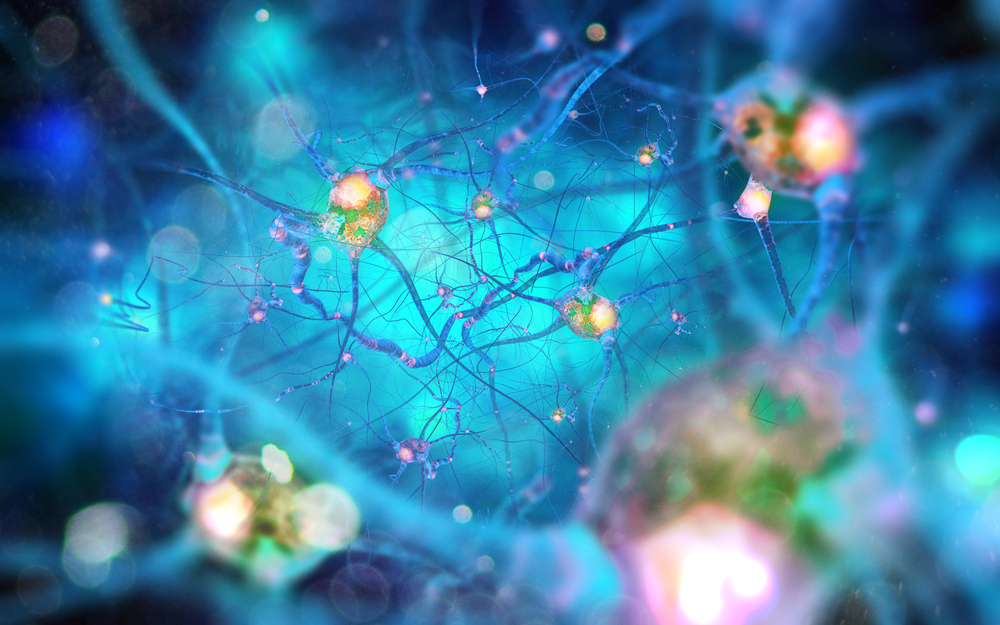Cell Stress Unleashes Downward Spiral of Toxic Protein Production in ALS
Written by |

Cell stress, such as a viral infection, may trigger the production of faulty proteins from the C9orf72 gene, a leading contributor of amyotrophic lateral sclerosis (ALS) and frontotemporal dementia (FTD), say researchers at the University of Michigan.
Their study, “RAN translation at C9orf72-associated repeat expansions is selectively enhanced by the integrated stress response,” appeared in the journal l Nature Communications. It explored how, during stressful conditions, cells may boost the production of proteins that hold so-called repeat expansions.
Since such proteins are toxic to neurons, the situation creates a vicious cycle that may speed neurodegeneration, researchers said.
“This suggests that outside stressors might influence when people get neurodegenerative diseases, even when the patient has a genetic mutation,” Dr. Peter Todd, an associate professor of neurology and the study’s senior author, said in a press release. “This may help explain when and why some people develop neurodegenerative diseases later in life.”
Repeat expansions — stretches of a few DNA building blocks repeated hundreds of times — are known to cause several neurodegenerative diseases. This process, called repeat-associated non-AUG (RAN) translation, allows proteins to be made without the conventional start signal necessary for protein production.
This response, in turn, made RAN translation even more likely. Since stress also suppresses production of other proteins, the data reveal a mechanism for potentially unleashing a downward spiral of disease-triggering events.
“Stressed cells typically stop making proteins, but in this case the stress actually activates more toxic protein production, creating a loop that potentially drives neuronal death,” said Katelyn Green, the study’s first author and a University of Michigan graduate student.
But factors other than the production of faulty proteins can trigger cell stress. A viral infection or nutrient starvation sparks the same cellular stress response. Therefore, researchers believe that even in people genetically predisposed to develop ALS, additional factors may trigger disease onset.
Researchers say if they could stop this chain of events from happening, they might also be able to treat ALS. “Interventions which selectively intercede in this feed-forward loop are thus promising targets for future therapeutic development,” they concluded.





